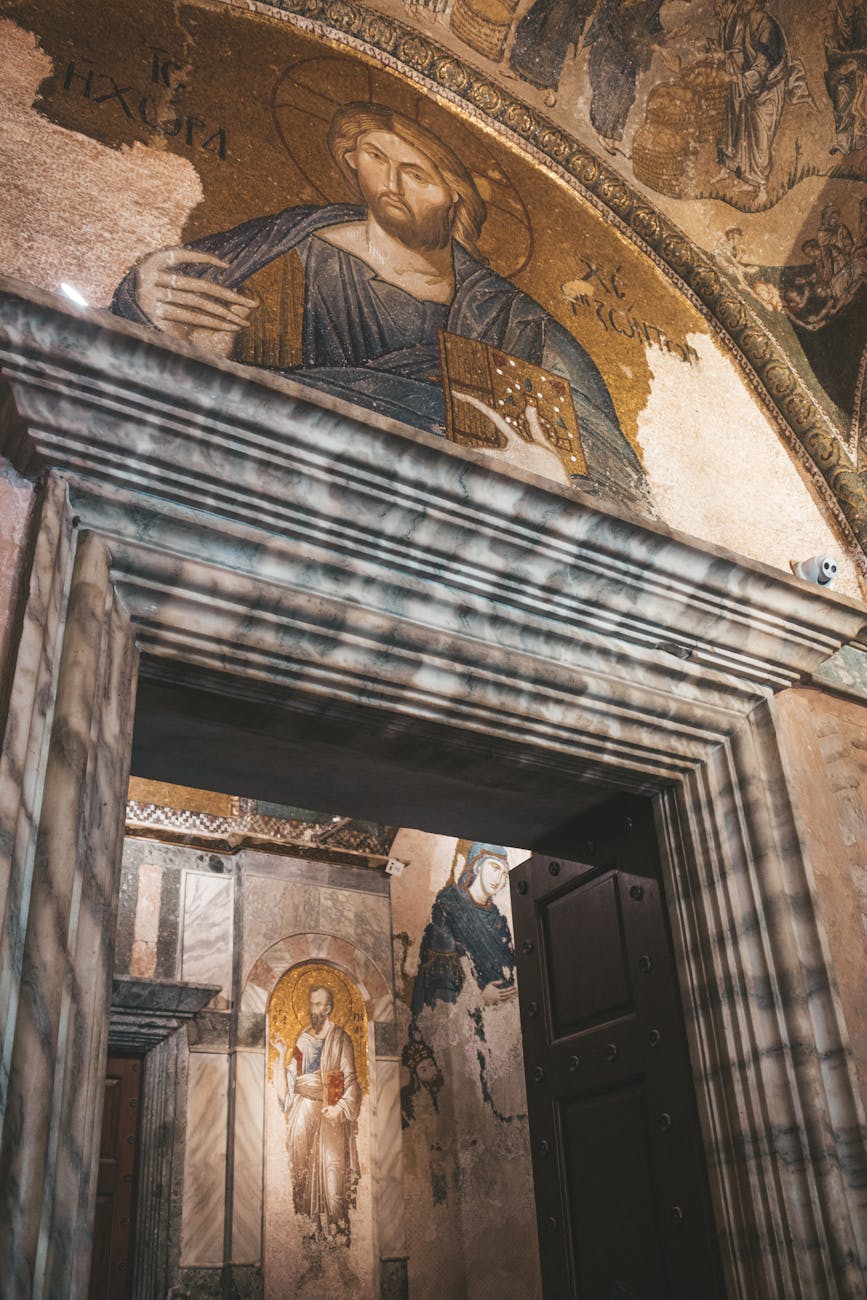There are seasons in life when routines slip, prayer becomes difficult, or we simply drift away from the things that matter most. Over the past few months, I’ve had my own period of stepping back from writing here on The Apostle Times. Life grew busy, and I took an unplanned pause, something many of us can relate to in our spiritual and everyday lives.
As I return, I’ve also felt called to make a gentle shift in the direction of this site. While I’ll still share important Catholic news when it’s helpful, I’ll now be focusing more on reflective, faith-filled blog posts, the kind of writing that helps us grow, pray, and walk with God in the ordinary moments of life.
Coming back to this space has reminded me of something the Church teaches so beautifully: holiness isn’t about perfection, but about beginning again. Conversion is a daily journey (cf. CCC 2013–2015), a steady turning of the heart back toward God, no matter how many times we’ve wandered.
And the saints show us that this path of starting anew is not only possible, but often where grace works most powerfully.
1. St Augustine — Conversion, Discipline, and the Grace to Begin Anew
Few stories capture the drama of spiritual renewal like that of St Augustine. Before becoming one of the Church’s greatest theologians, Augustine spent years seeking fulfilment in worldly ambitions, philosophical movements (including Manichaeism), and restless searching.
The constant prayers and tears of his mother, St Monica, were instrumental — something Augustine himself records in his Confessions. At 32 years old, after a profound interior struggle, he finally surrendered to God’s call. His conversion was not instant perfection, but the beginning of a lifelong journey of discipline and grace.
What Augustine Teaches Us About Starting Again
- It is never too late to turn back to God. Augustine’s late conversion shows that divine mercy is always ready to welcome us (echoing the labourers in the vineyard, Matthew 20).
- Renewal takes time and intentional effort. After his conversion, Augustine withdrew to Cassiciacum for prayer, reflection, and the slow building of new habits.
- Grace initiates and sustains our new beginnings. As he famously wrote, “Late have I loved You,” (Confessions, X.27), expressing the wonder of discovering God’s love even after years of wandering.
Augustine’s story embodies what the Catechism calls “ongoing conversion” (CCC 1430–1433): a continual turning of the heart to God.
2. St Peter — Falling, Repenting, and Leading with Humility
St Peter’s relationship with Jesus is profoundly human. Despite his bold love and promises, Peter denied Jesus three times during the Passion (cf. Matthew 26:69–75). His failure was public and painful — yet his tears of repentance opened the way to restoration.
The Risen Christ did not abandon him. Instead, Jesus asked him three times, “Do you love me?” and entrusted him with the mission: “Feed my sheep” (John 21:15–17). Peter’s past did not disqualify him; it deepened his humility.
What Peter Teaches Us About Starting Again
- Failure is not the end. God’s mercy is stronger than our weakness (CCC 827).
- Repentance restores our mission. Peter’s sorrow became the foundation for his leadership in the early Church (Acts 2).
- God works through imperfect people. Peter’s humanity made him a more compassionate shepherd — a truth echoed by every Pope who succeeds him.
Peter shows us that, with Christ, every fall can become a step toward deeper love.
3. St Thérèse of Lisieux — Faithfulness in the Small, Everyday Restarts
St Thérèse did not have a dramatic fall or conversion. Instead, she lived a quiet life of hidden holiness inside the Carmel of Lisieux. She battled small interior struggles, illness, sensitivity, and misunderstandings — yet she offered everything to God with childlike trust.
Her Little Way teaches that beginning again often happens in ordinary moments: in choosing patience, forgiveness, kindness, or trust when we least feel like it.
What Thérèse Teaches Us About Starting Again
- Holiness is found in small acts of love. She wrote of wanting to remain “little” so that God could carry her.
- Every day is a new opportunity. Thérèse returned to love immediately after every small failure, without anxiety or discouragement.
- Consistency outweighs perfection. Her example counteracts the temptation to rely on mere human effort and invites total trust in divine mercy.
It is no surprise she was proclaimed a Doctor of the Church in 1997 — her spirituality speaks directly to modern hearts seeking simple, steady faithfulness.
A Final Encouragement: The Saints Walk With Us
The saints remind us that:
- starting again is normal
- grace is always available
- God uses imperfect people for great things
- the spiritual life is a daily, ongoing journey
As members of the Communion of Saints (CCC 946–962), we are never alone. Their witness — and their prayers — accompany us.
Wherever you are today, know that it is never too late to return to prayer, the sacraments, or the path of deeper discipleship. God receives every new beginning with joy.
St Augustine, St Peter, and St Thérèse of Lisieux, pray for us as we start anew.




